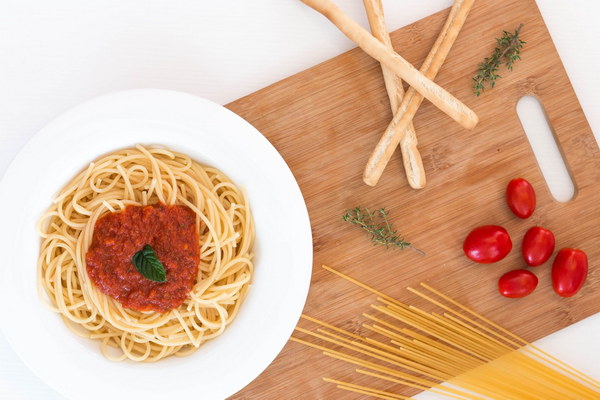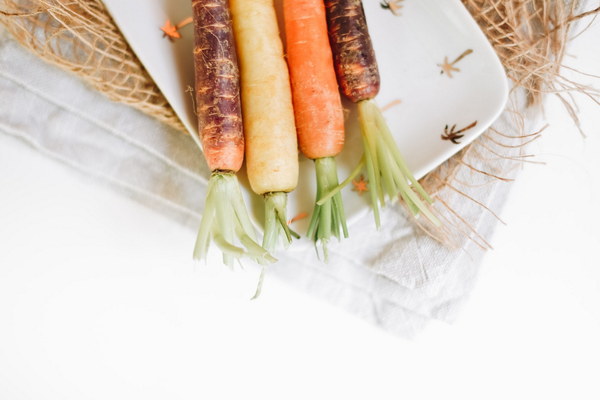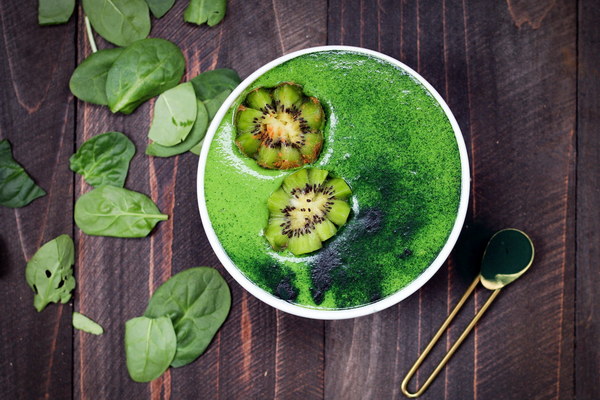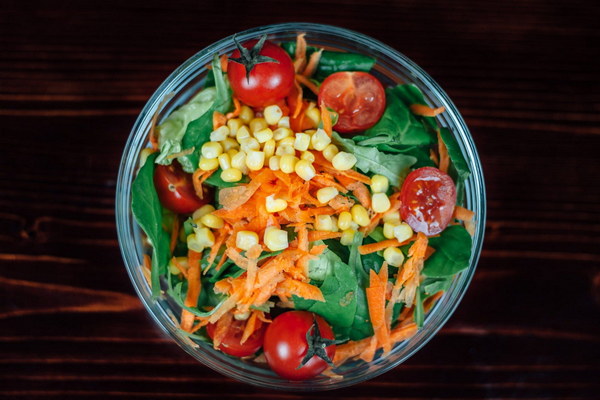Easing the Moisture Unveiling the Wonders of Sour Soup in Chinese Medicine
In the realm of traditional Chinese medicine (TCM), the concept of dampness is often associated with various health issues, including fatigue, weight gain, and joint pain. One of the most popular and effective remedies to combat dampness is through the consumption of sour soup. But does it really work? Let's delve into the world of sour soup and its potential benefits in alleviating dampness.
Sour soup, also known as suan tang in Chinese, has been a staple in TCM for centuries. It is believed that the sour taste in the soup helps to invigorate the spleen and liver, which are the organs primarily responsible for maintaining the body's balance and eliminating dampness. Here's a closer look at the science behind this traditional remedy.
First and foremost, it is important to understand what dampness is in TCM. Dampness is a concept that refers to a condition where moisture accumulates in the body, leading to various health issues. This moisture can originate from external factors, such as living in a humid climate or overexposure to dampness, or internal factors, such as poor diet and liver function.
Sour soup contains a variety of ingredients that are believed to help alleviate dampness. Some of the most commonly used ingredients include:
1. Radish: Known for its diuretic properties, radish helps to eliminate excess moisture from the body.
2. Carrot: High in beta-carotene, carrots support the liver and help to balance the body's moisture levels.

3. Tangerine peel: This ingredient is known for its ability to promote digestion and reduce dampness.
4. Cinnamon: Cinnamon has warming properties and can help to eliminate dampness by increasing blood circulation.
When these ingredients are combined and cooked together, the resulting soup is believed to have a synergistic effect on the body. The sour taste of the soup is thought to stimulate the liver, which in turn helps to break down and eliminate dampness.
Now, let's address the question: Does sour soup really work in alleviating dampness? While scientific research on TCM is still relatively limited, there are some studies that suggest that certain ingredients found in sour soup may have health benefits.
For example, radish has been shown to have diuretic and anti-inflammatory properties. Carrots, on the other hand, contain compounds that can help to improve liver function and support the body's moisture balance. Tangerine peel and cinnamon have been found to have antioxidant and anti-inflammatory effects, which can contribute to overall health and well-being.
While these findings are promising, it is essential to note that the effectiveness of sour soup may vary from person to person. It is also important to consult with a qualified TCM practitioner before incorporating sour soup into your diet, especially if you have underlying health conditions or are taking medication.
In conclusion, sour soup has been a traditional remedy in Chinese medicine for centuries, with its effectiveness attributed to its ability to invigorate the liver and spleen and eliminate dampness. While scientific research is still limited, there are some indications that certain ingredients found in sour soup may have health benefits. If you are interested in trying sour soup to alleviate dampness, it is best to consult with a TCM practitioner to ensure that it is appropriate for your specific needs and health condition.









